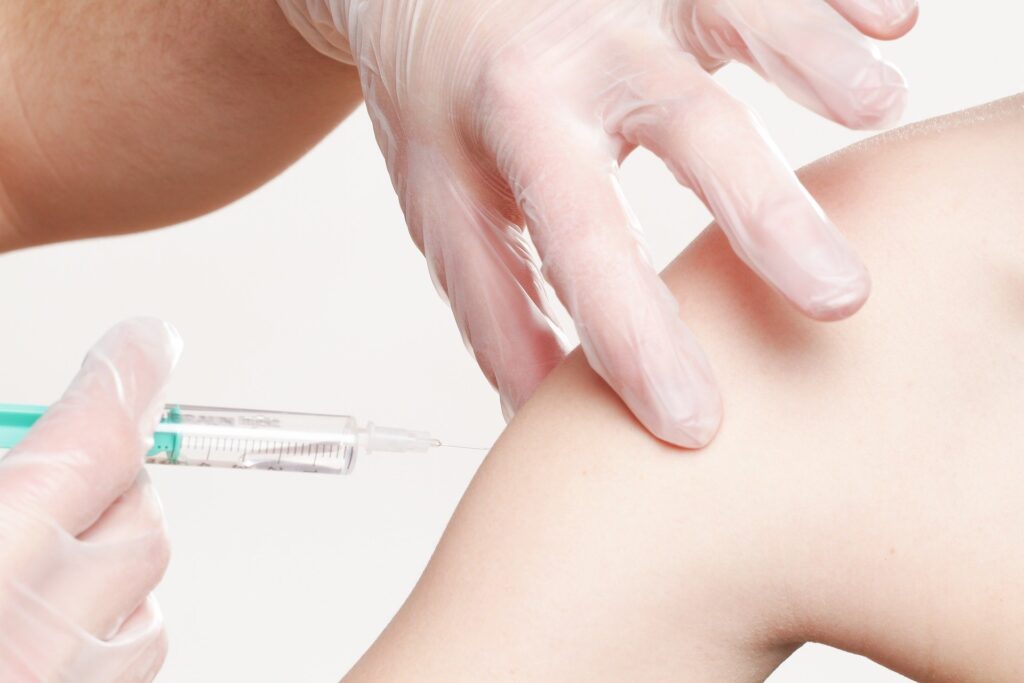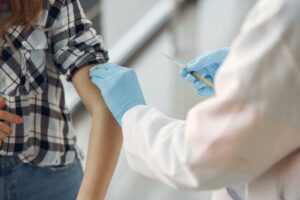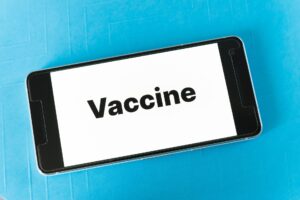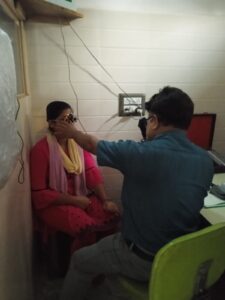Too many Fake news!! COVID-19 Vaccine Story of Russia’s Sechenov University

Subhra Adhikary, Neucrad Health desk July 14, 2020
Russia’s Sechenov University claimed that it has successfully completed testing coronavirus vaccine on volunteers. Gamalei Institute of Epidemiology and Microbiology started developing this immunisation from June 18, 2020, onwards. This news started spreading like wildfire, and within a short interval, all COVID-19 affected countries were curious to know the details about the vaccine. Even Vadim Tarasov, the director of the Institute for Translational Medicine and Biotechnology, confirmed the news on Sputnik and expressed that the first group of volunteers will get discharged from the hospital from July 20 onwards. It is, in fact, only one vaccine candidate in the country to reach the human clinical trial stage.
However, if you feel that the injections to secure you from the deadly SARS-CoV-2 virus will be available in your local hospital from the next month, then it’s time to put a break top your excitement. If you go deep into the study of this vaccine, then you would realise, that Gamalei Institute of Epidemiology and Microbiology has completed only the phase I trials of the vaccine. They still have a long way to go before making these injections commercially available among patients. Let us have a look at the ground situation of this vaccine.
How did Russia’s Gamaleya Institute of Epidemiology and Microbiology conduct the phase I clinical trial?
Sechenov First Moscow State Medical University in collaboration with the Russian Defence Ministry, enrolled the 38 volunteers for the clinical trial in June 2020. The Russian ministry of health provided a go-ahead for the programme on June 16. On June 18, the researchers vaccinated the first group of 18 healthy volunteers. Then, on June 23, the Practical Research Centre for Interventional Cardiovasology injected the second group of volunteers comprising of 20 healthy candidates [1].
All the volunteers in the first and the second group belong to the age group of 18 to 65 years. These candidates mostly received a lyophilised vaccine. Yelena Smolyarchuk, Head of the Sechenov University Centre for Expert Evaluation of Medicinal Products opined that the vaccine is safe for further testing [1].
How did the candidates react to the phase one clinical trial of the Russian vaccine?
All the participants of the Russian coronavirus vaccine received constant medical attention at the single or double wards of the Sechenov University campus. They spent a total of 28 days in isolation after receiving the injection. However, these candidates will be under monitoring for six more months after their discharge on July 20. Though most of the candidates did not experience any severe side-effects from the vaccine, few volunteers complained of headaches and elevated body temperature. However, these symptoms resolved on their own within 24 hours. The second phase of the human clinical trial of the vaccine was scheduled to start from July 13 onwards. The same COVID-19 vaccine is also getting tested at the Burdenko Military Hospital in Moscow, where they are using a liquid form of the active ingredients [2].

What are the different stages of clinical trials of vaccines?
There are various stages of vaccine development. Detailed below is a report on each stage.
Phase 0
In this trial stage, a sample size of fewer than 15 candidates take part in the study. The aim is to monitor whether the vaccine is safe or harmful for human injection.
Phase I
20 to 100 candidates participate in stage I of the clinical trial, where the aim is to find out information regarding the ‘safety and tolerability’ of the vaccine. According to the FDA, almost 70 per cent of the injections tested in phase 1 move forward to phase II for further evaluation.
Phase II
In stage II clinical trials, hundreds of volunteers get tested to determine the efficacy of the immunisation programme. Researchers monitor the health condition of participants for several months to evaluate the development of side effects in the later period. This phase outlines the overall safety of the injection. FDA says, about 33 per cent of these trials go to phase III.
Phase III
In stage III, thousands of participants get injected with the immunisation shot to evaluate the efficacy of the new vaccine against the existing ones. Researchers utilise the ‘randomisation’ technique to prove the safety of the new injection. Here they randomly select the candidates from a vast population, so that there is no partiality in the testing process. This stage can even last for several years.
Phase IV
So, this was all about the clinical trials of the new vaccine against SARS-CoV-2 developed in Russia. Finally, we would like to say that, before believing in any news establish its truth from reliable sources. It will prevent you from becoming a victim of infodemic. Neucrad Health may be your trusted source.
References:
1. First Russian clinical trial of coronavirus vaccine completed at Sechenov
2. COVID-19 vaccine tested on volunteers at Sechenov










